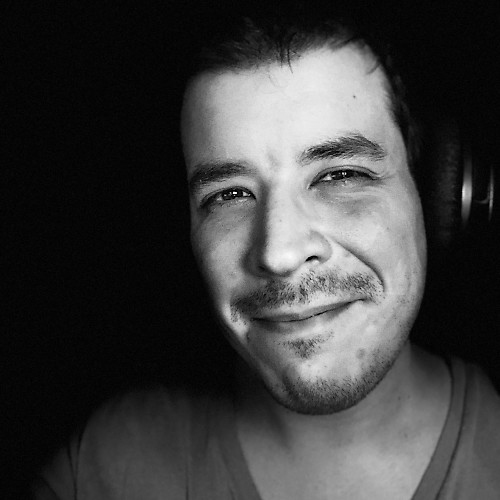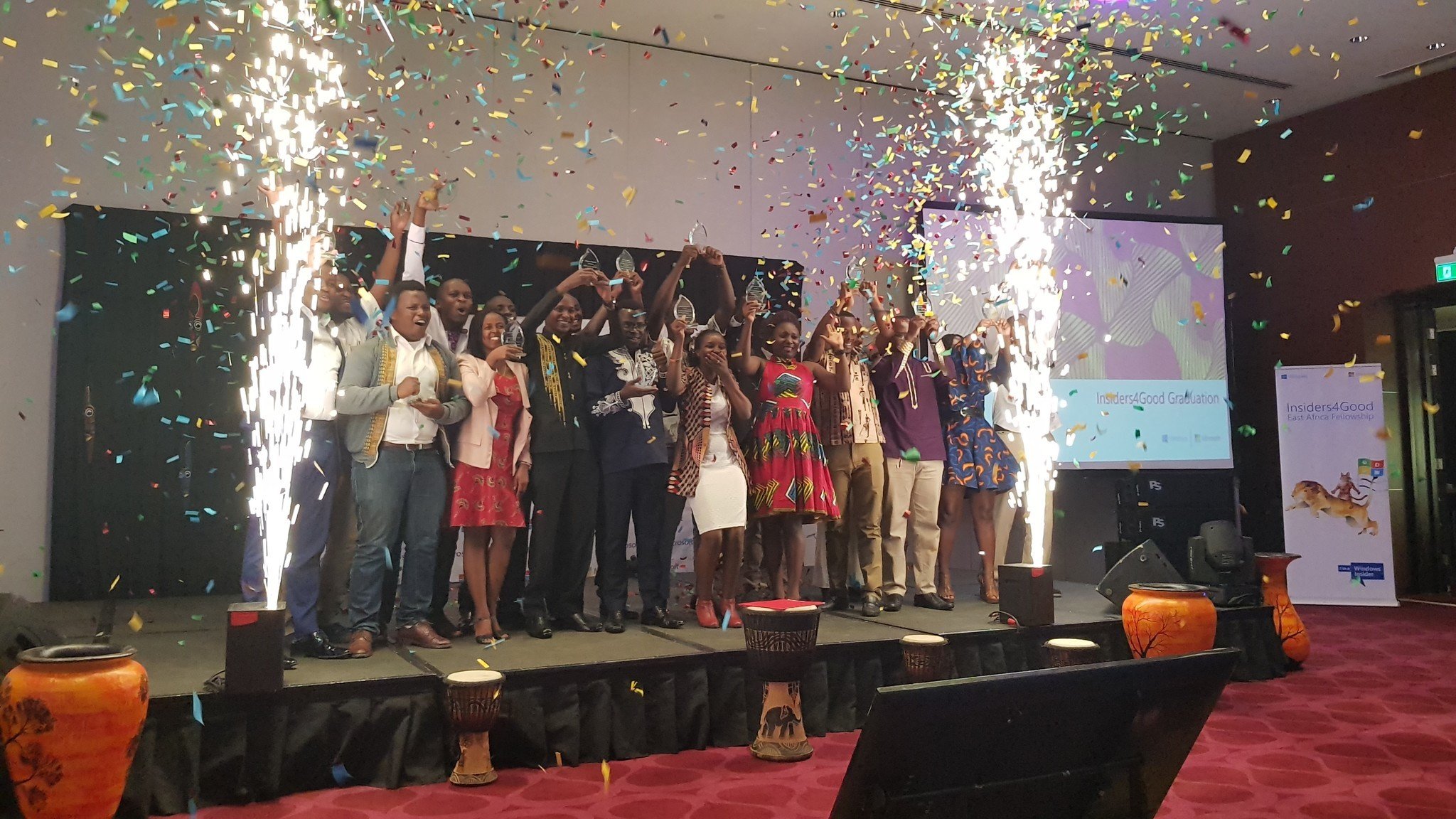
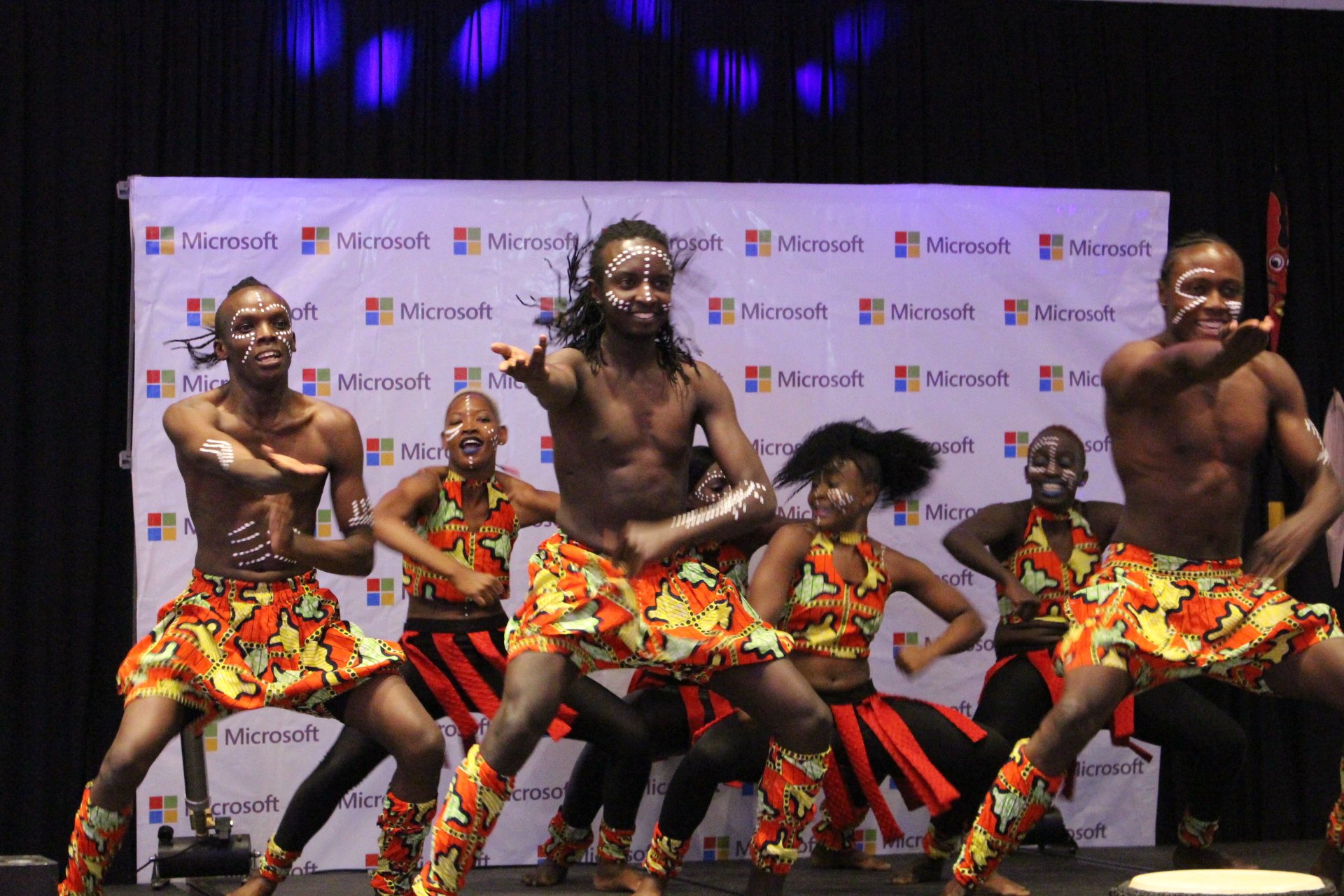
One year ago, at its first-ever NexTech Africa conference, Microsoft announced the launch of its Windows #Insiders4Good East Africa Fellowship. A few months later, in June 2017, the Fellows began their journey together, starting with an intensive week-long "boot camp" led by Windows Insider Program chief Dona Sarkar.
Today, in an emotional ceremony, followed by a lively party, the Fellows graduated from the program. For the Fellows, their graduation marks the end of an important chapter in each of their stories – but the program has also had a much broader impact on Microsoft, resulting in significant changes to the way it develops products.
Related: How Microsoft's Africa Fellowships shape the way it develops Windows 10
What is the #Insiders4Good Fellowship?
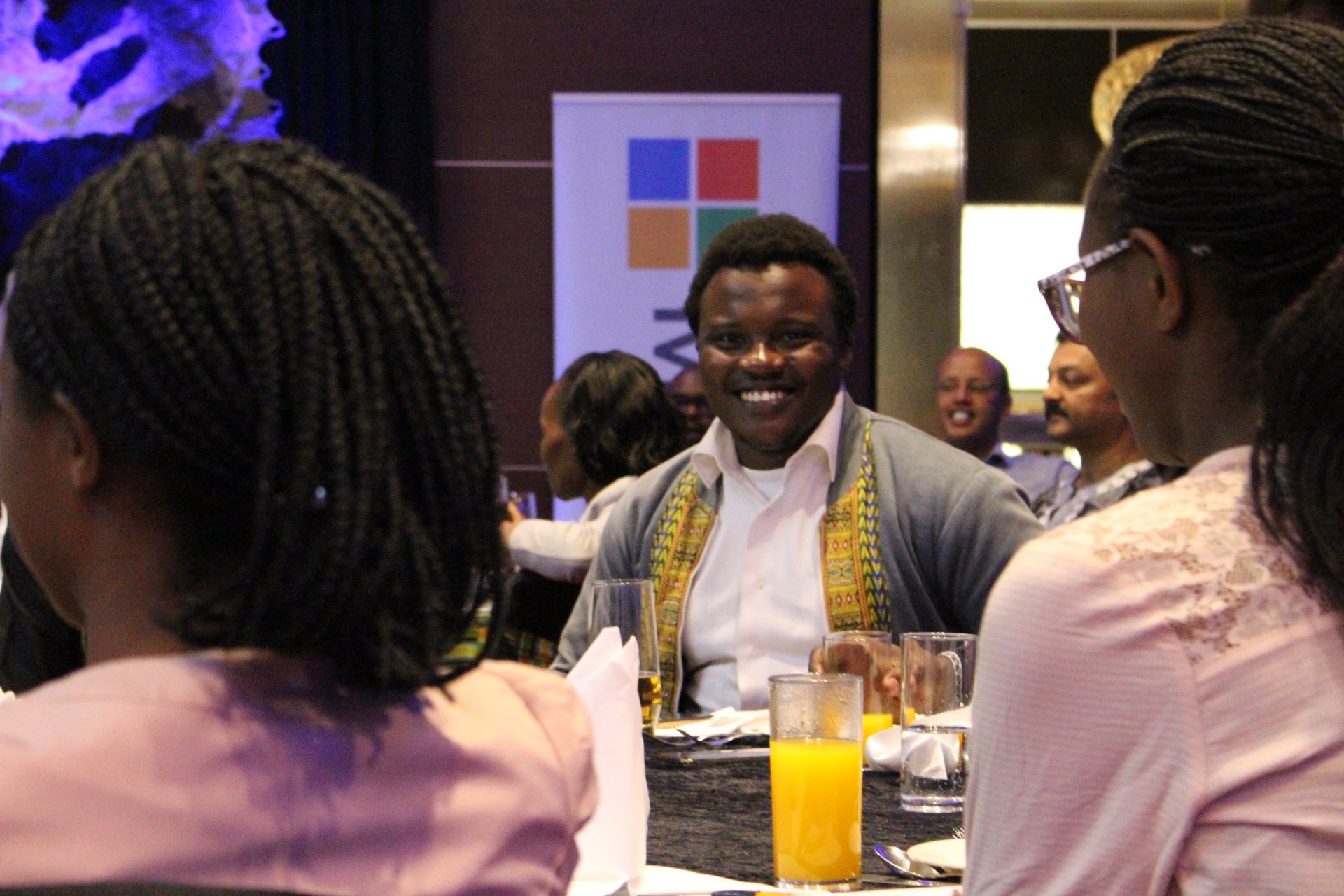
Launched as part of the global Windows Insider Program, the Fellowship program began in Nigeria in 2016. Microsoft established the Nigerian Fellowship to help it "listen and learn" – a recurring theme in the company's African efforts – from those wanting to build businesses in parts of the world where technology is often used in very different ways compared with developed nations.
Each of the Fellows had a business idea that was born from the desire to solve a specific problem in their communities, and beyond. But as Nigerian Fellowship graduate Olayinka Olanrewaju pointed out at NexTech, "the idea is the smallest part of the business" – and many of the Fellows lacked the skills and business acumen to successfully bring their concepts to market.
Microsoft offered the Fellows a unique opportunity to help them do so: "a premier suite of Windows hardware and software, and a six-month mentorship program", including "tailored technical and strategic mentorship from local and international leaders." And as it guided them through the process of developing their ideas into sustainable businesses, Microsoft listened and learned from the Fellows, gaining deep insights into the technological landscape in Africa, and the unique challenges that companies and customers face across the continent.
Who are the Fellows?
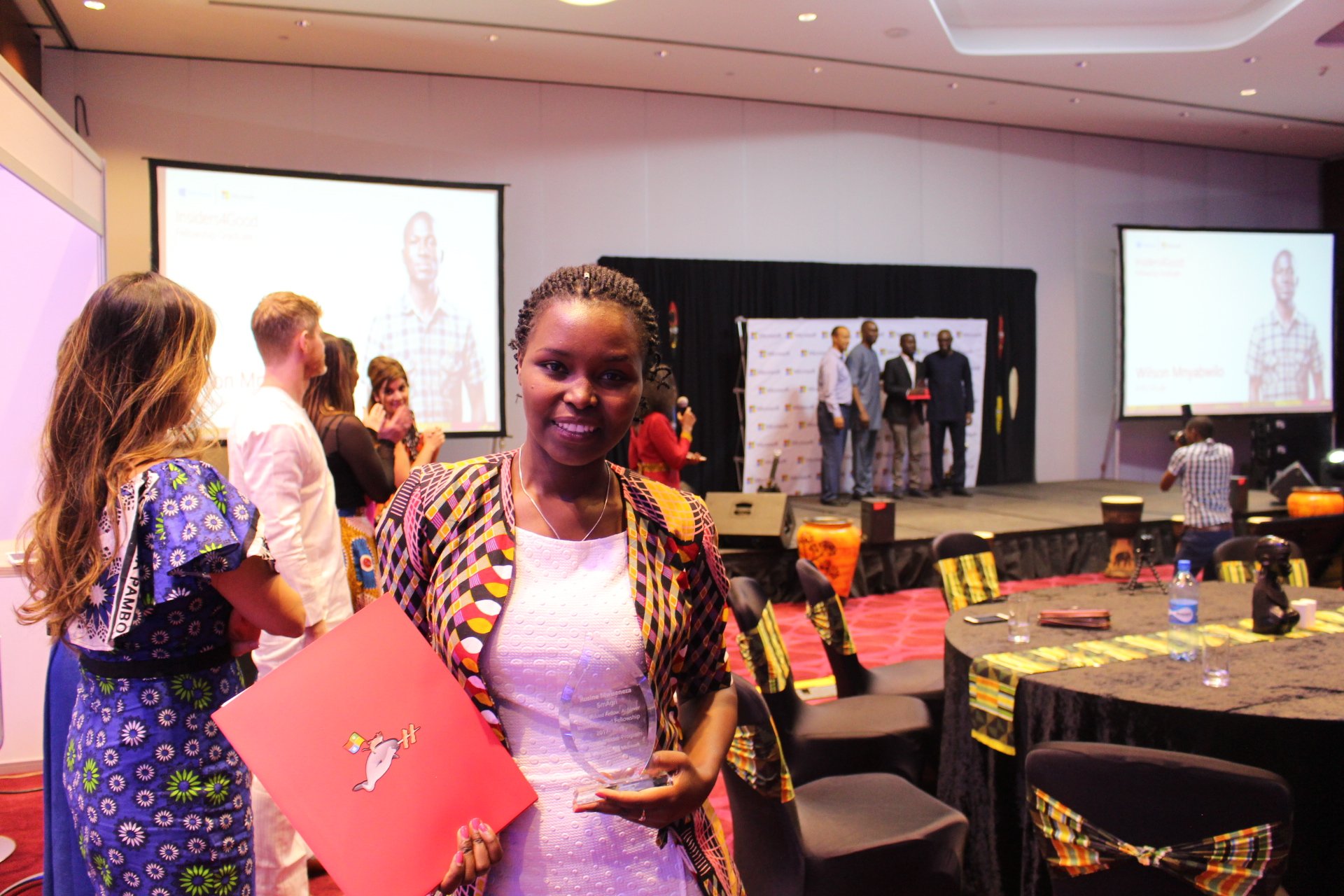
The 18 people graduating this week were selected by Microsoft from among hundreds of applicants from the East African nations of Kenya, Rwanda, Tanzania, or Uganda. Some of them had begun to build their businesses before even applying to the program, but others had little more than a vague plan to develop solutions to a diverse range of problems that they had identified.
Get the Windows Central Newsletter
All the latest news, reviews, and guides for Windows and Xbox diehards.
Irving Amukasa, for example, developed "Sophie Bot" – a "digital assistant for sexual health." Because sexual health is a taboo topic in many African nations, many people have little knowledge on the subject. By providing access to clear and accurate information confidentially through Sophie Bot, Irving hopes to empower people to take better care of their sexual health. Kenya has one of the world's most severe epidemics of HIV and AIDS, clearly highlighting the need for such a valuable resource.
Caleb Ndaka, also from Kenya, launched the "Kids Comp Camp" before applying for the Fellowship. By helping children and their parents in rural areas to learn how to code at low cost, Caleb hopes they will gain opportunities for employment and advancement that they would not otherwise have had. But as he openly acknowledged, without the guidance and support he received from Microsoft, he would likely have made ill-informed decisions about how to manage and scale his business, which might well have led to its eventual failure.
Rosine Mwiseneza, from Uganda, is developing ultra-affordable "smart farming" tools, aimed at farmers in drought-stricken areas. Her system will enable them to automatically monitor soil and weather conditions to manage their irrigation more effectively. This will enable them to manage watering systems automatically, and by targeting their resources at the most favorable crops, and only irrigating when absolutely necessary, it will greatly reduce their costs and improve their productivity.
You can find out more about each of the Fellows and their businesses on the Windows Insiders4Good East Africa Fellowship site.
What's next for Microsoft's Fellows?
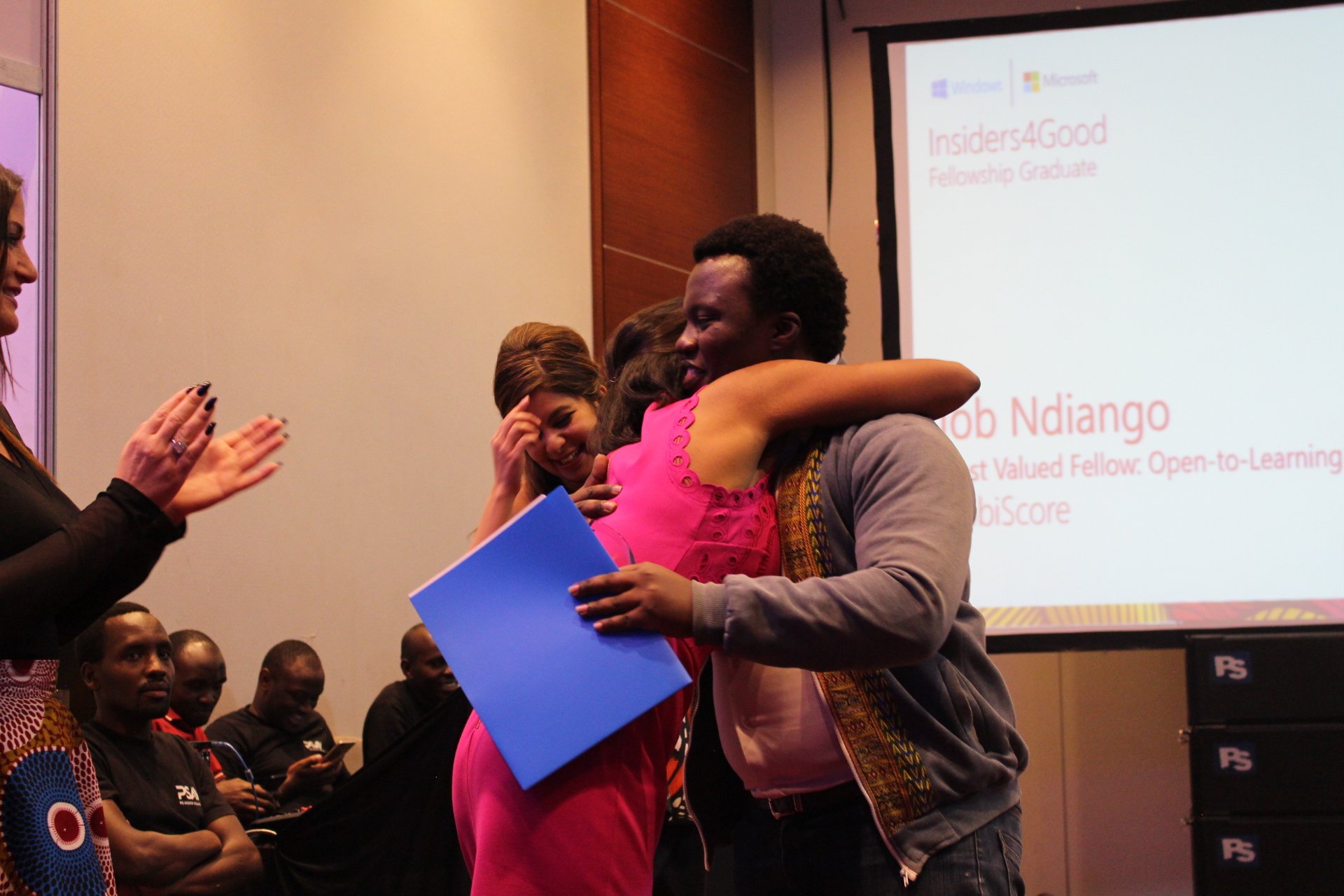
Each of the Fellows I spoke to this week told me the same thing: without the guidance, knowledge, and support they've gained from the program since last year, they would have been ill-equipped to deal with the challenges of building and developing sustainable and successful businesses.
From how to speak with potential investors, to targeting customers, identifying growth opportunities, and understanding how to manage their financial resources effectively, all of the Fellows told me that they've gained a vast wealth of knowledge from the program. Now, following their graduation, it will be up to them to apply what they've learned, although Microsoft will still be staying "in constant contact" with them. And the Fellows are supporting each other too; three of them are already working together to help one another's businesses grow.
Will there be another similar Fellowship in the future? Sarkar isn't ready to answer that just yet – but she's confident that this isn't the end of the road for the program. She's also hugely optimistic about Microsoft's future in Africa, with some exciting plans being worked on, including another NexTech conference.
Why the Fellowship matters to all Microsoft users
By any measure, the Fellowship programs are extremely small-scale, especially for a company as massive as Microsoft. But the impact of these programs goes far beyond simply helping a handful of enthusiastic people develop successful businesses from noble and worthy ideas.
In fact, the experiences of Dona Sarkar and her Microsoft colleagues during both Fellowships, and the insights that they've gained from their new friends in Africa, have already led the company to rethink many aspects of how it serves its two billion customers around the world. As Sarkar told Windows Central this week, Microsoft is transforming the way it builds major products such as Windows 10 as a direct result of what it's learned from the Fellowship programs.
It seems clear that even programs and initiatives as small as these can ultimately have a global impact.
